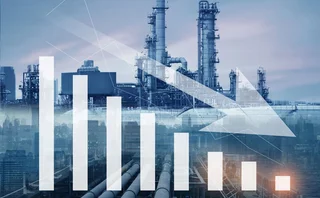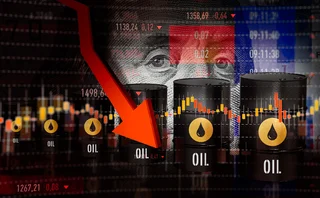BP’s Alvarez reflects on oil spills and other challenges
Trading chief fled Cuba as a child, before finding success in energy

When the Deepwater Horizon oil rig exploded on April 20, 2010, unleashing a massive oil spill in the Gulf of Mexico, the incident sent shockwaves throughout BP. That included the firm's energy trading floor in Houston, where the focus is more commonly on futures, options and swaps than deep-sea drilling. In May and June that year, as the costs of the disaster mounted, credit rating agencies downgraded the UK-based oil major. Margin calls rained in. Personnel in Houston worked to convince BP's
More on Oil & refined products
Energy Risk reaction: Venezuela and oil sanctions
Energy Risk talks to Rob McLeod at Hartree Partners about the energy risk implications of the US’s control of Venezuelan oil
Energy Risk Europe Leaders’ Network: geopolitical risk
Energy Risk’s European Leaders’ Network had its first meeting in November to discuss the risks posed to energy firms by recent geopolitical developments
US shutdown leaves commodity traders without key data
Commodity traders are ‘flying blind’ without Commitment of Traders reports
Energy Risk at 30: Learning from the past
Energy Risk looks back at the seminal events and developments that have shaped today’s energy markets
Why Iran tensions failed to rattle markets
Despite initial fears, traders say risks were signposted and investors had deleveraged after April
Oil and products house of the year: Macquarie Group
Energy Risk Awards: Bank pioneers innovative deals in illiquid markets, taking on esoteric risk
Podcast: should negative oil prices be allowed?
Did negative oil prices signify the market was operating effectively, or that something was wrong?
Podcast: the future of retail investment in oil
Will negative prices and big losses curb retail investors’ appetite for oil futures over the longer term?







